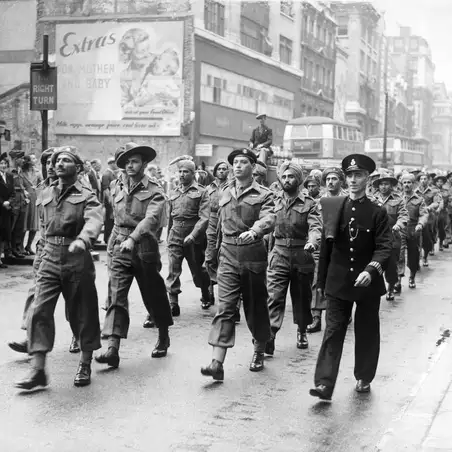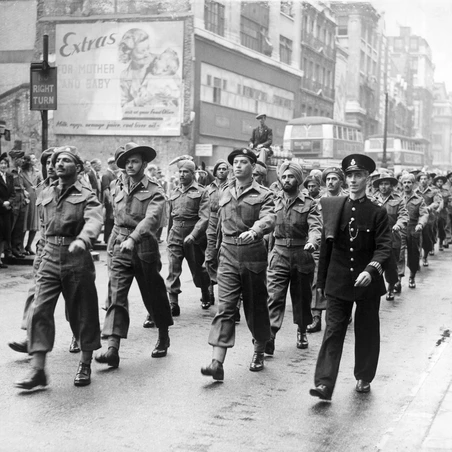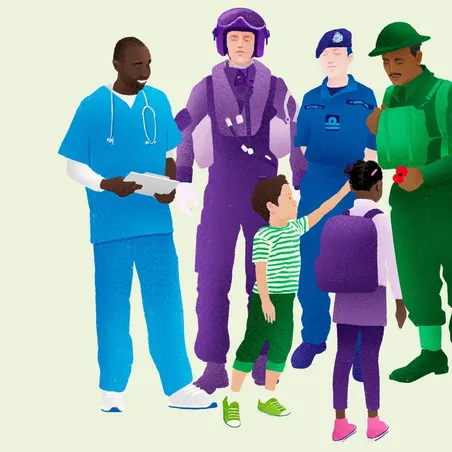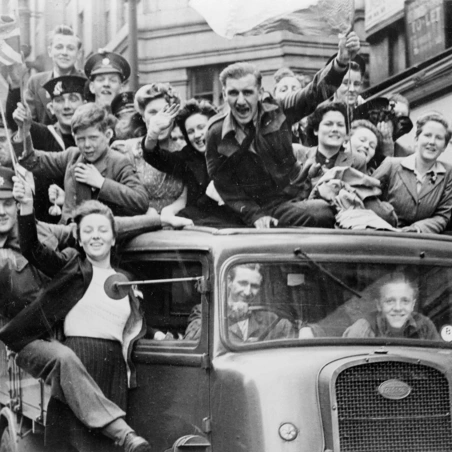Why the Fourteenth Army, one of the main fighting forces in the Far East, became known as the 'Forgotten Army'.
There are many reasons, historical, political, cultural and social for why so many veterans of the war in the Far East have felt forgotten, and why the Fourteenth Army itself became known as the Forgotten Army.
The 'Germany First' principle
The German threat to the UK was much more immediate and whether because of the Blitz or shortages the British population as a whole understood why the nation was at war and experienced at first hand the result of the conflict.
Because of this, the Far East became a secondary theatre lacking equipment and resources, and while key to fighting a world war the conflict did not affect or have the same level of resonance with the nation.
It was a long way from home
Communications between service personnel and the home front were difficult.
Letters, if they arrived and weren’t lost at sea to Japanese attacks, took a long time to get through.
In addition, there were no live radio or TV broadcasts from the campaign so for most of the public they had very little knowledge beyond the odd newspaper report of what was happening.
In addition, many British and Commonwealth servicemen had been in the Far East for a long time.
By 1945 many had been in the region for the duration of the war.
Embarrassment
Hong Kong was first to fall in December 1941, then Malaya fell in January, Singapore in February and Burma in May, of 1942.
Repeated bad news kept on coming through until late 1943 and there was a sense in the UK that it would never be possible to achieve success in pre-partition India and Burma against the Japanese.
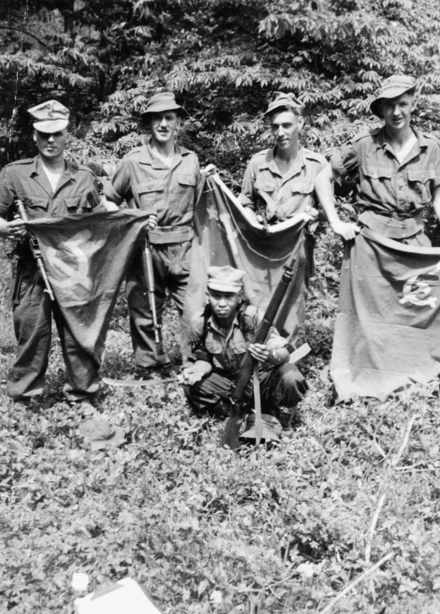
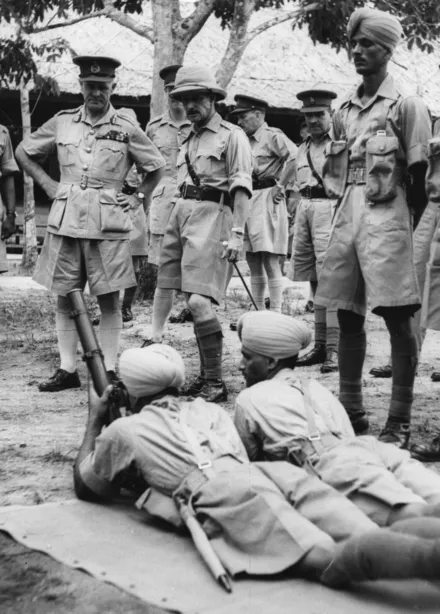
The numbers
In terms of numbers, resources and sacrifice, the war in North Africa, the Mediterranean and Europe was far greater than Asia and Pacific for the British.
As one writer has suggested, ‘only thirty thousand British servicemen died in the war against Japan, as compared to two hundred and thirty-five thousand in the war against Germany.’
Europe-centric coverage
The big events in the Far East in 1944 overlapped with great events in Europe, with large numbers of war correspondents and radio journalists in Europe but not the Far East.
There was only one radio journalist at the Battle of Kohima – Richard Sharpe – and he got there by accident, and only stayed a few days.
Churchill's influence
Learning about the conflict
The teaching of the Second World War across the UK, for many reasons, has tended to focus on a very small part of that conflict, meaning that not only are children and young people not aware of the facts around the war in Asia-Pacific, there is even less knowledge about the role of the Commonwealth in this war.
Therefore, many communities in the UK remain unaware of their own communities’ contributions, service, and sacrifice.

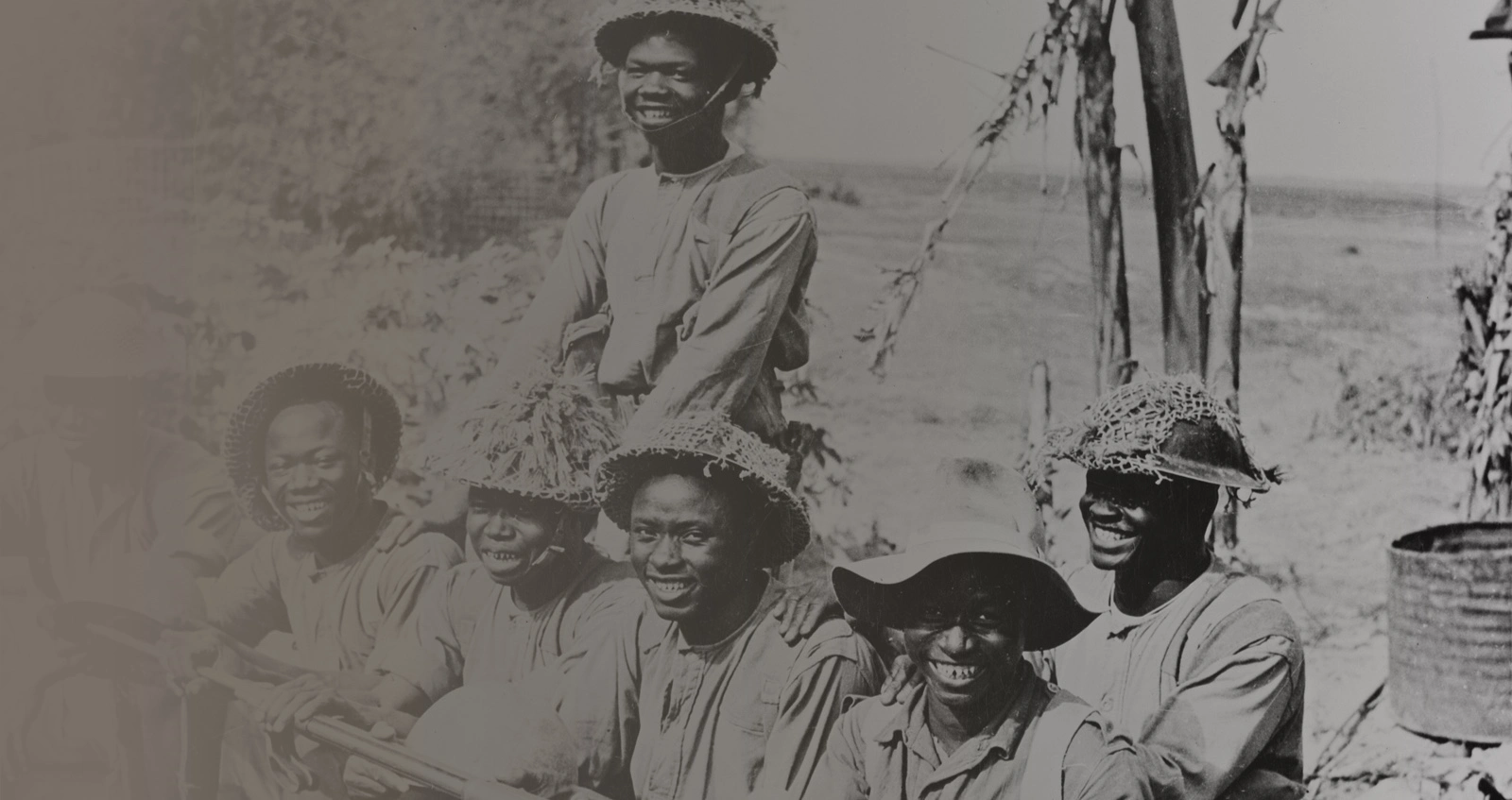
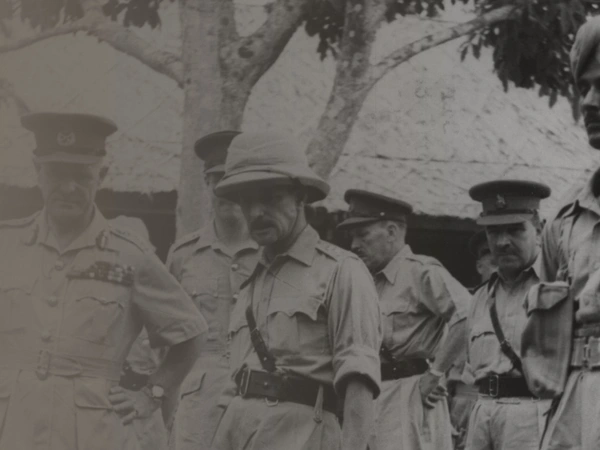
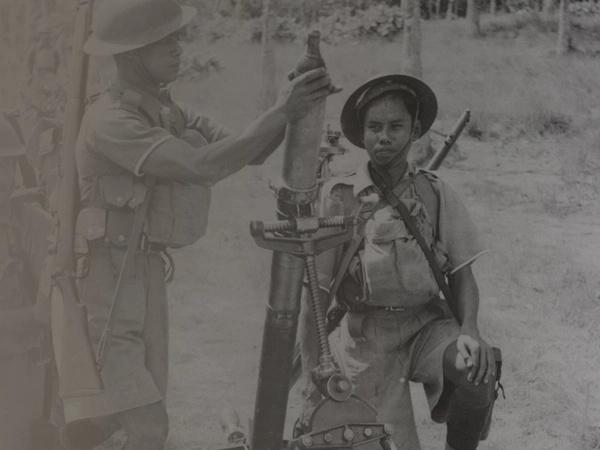
.jpg?sfvrsn=e0967d6a_2&method=CropCropArguments&width=600&height=450&Signature=69E99635D651F63A7940FA9CC4C8C73DDC388334)
